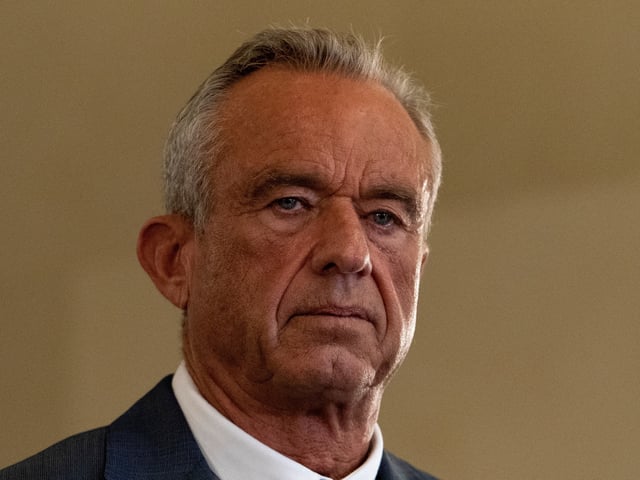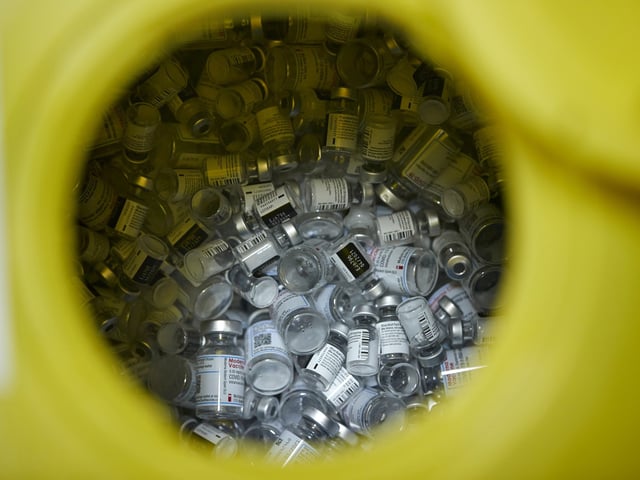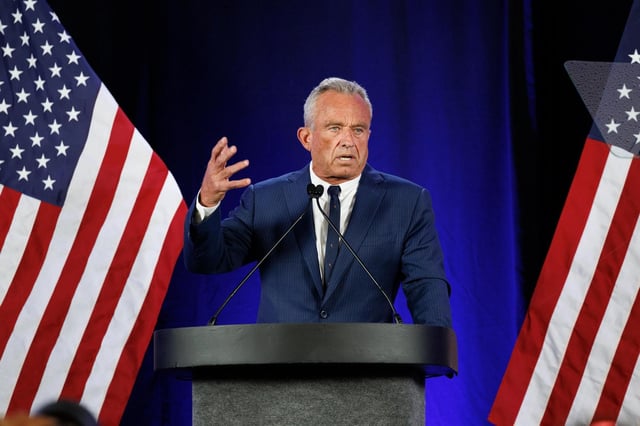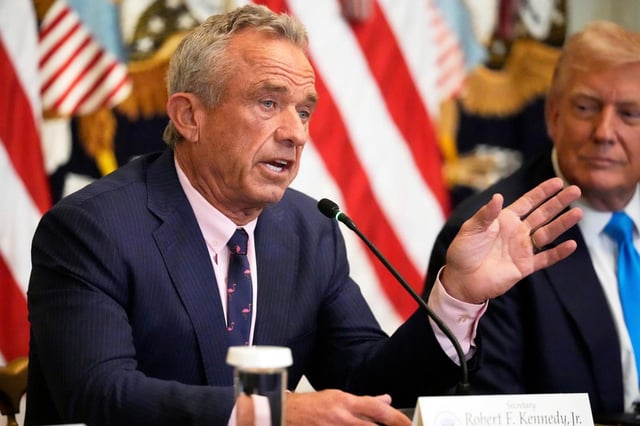Overview
- The Department of Health rescinded 22 BARDA-supported mRNA vaccine agreements, including Moderna’s H5N1 avian flu candidate and multiple Pfizer and Sanofi proposals.
- Projects affected span federal partnerships with Emory University, Tiba Biotech and other biotech firms, bringing the total impact to almost $500 million.
- Secretary of Health Robert Kennedy Jr. cited evidence of insufficient mRNA defense against upper respiratory illnesses as the basis for redirecting funds.
- Select advanced-stage mRNA projects will remain funded to preserve earlier taxpayer investments and maintain critical pandemic preparedness capabilities.
- The policy shift follows FDA warnings on myocarditis risks in young men and intensifies debate over balancing vaccine innovation with long-standing safety records.



